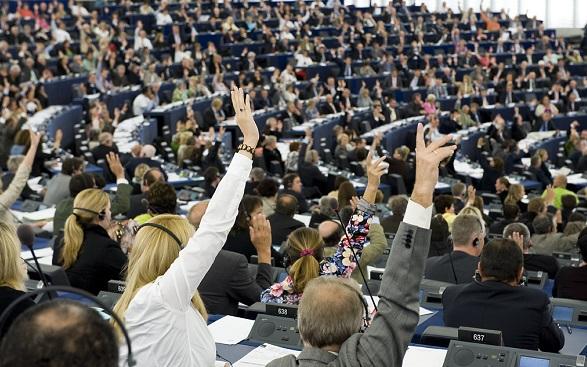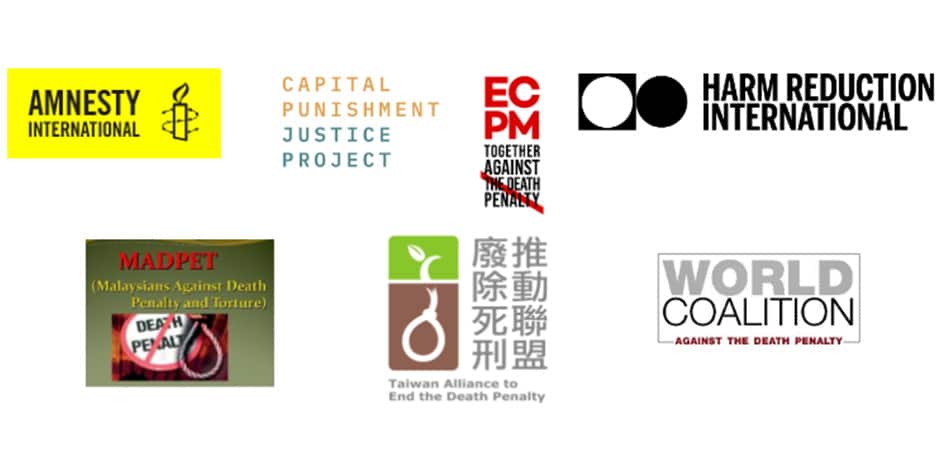
Executions for drug crimes: a violation of international law -international organizations
International standards
United Nations secretary-general Ban Ki-moon urged the abolition of the death penalty, which “does not deter drug crimes, nor does it protect people from drug abuse”. He reiterated the necessity to reform justice systems and investing in prevention through the public health system instead to curb this kind of crimes.
The secretary-general reminded that international law limits the application of the death penalty to the “most serious crimes”, such as intentional killing.
Incompatible with human rights
This system of punishment is “incompatible with fundamental tenets of human rights”, underscored two UN special rapporteurs. “Executions for drug crimes amount to a violation of international law and are unlawful killings”, they stressed in a joint statement.
Cristof Heyns, special rapporteur on extrajudicial, summary or arbitrary executions said that in many States where the death penalty is used for drug-related offences, there is not a system of fair trial.
Executions are also “a violation of the prohibition of torture or cruel, inhuman or degrading treatment”, said Juan E. Méndez, special rapporteur on torture.
Heyns and Méndez urged abolitionist States and international agencies to ensure that they are not complicit in the use of the death penalty in other countries, concerned that some global efforts to combat drug crime would inadvertently be contributing to unlawful executions.
Looking ahead to the 2016 UNGASS on drugs
This World Day against the Death Penalty is an excellent opportunity to pave the way for the UN General Assembly Special Session (UNGASS) on Drugs. This 2016 UNGASS is crucial for many different areas of drug policy, including for the abolition of the death penalty. Although a consensus is unlikely to appear, more and more states are raising the issue. Following the 2014 Commission on Narcotic Drugs, 58 countries signed a statement deeply regretting “that the Joint Ministerial Statement did not include language on the death penalty” because of their unequivocal opposition to the death penalty in all circumstances, and because they considered that the death penalty undermined human dignity and that errors in its application were irreversible.
This call has been reiterated on the World Day this year with 18 Ministers of Foreign Affairs from all over the world signing a Joint Declaration calling for an end to the death penalty.
Steps forward on the American and African Continents
The Inter-American Commission on Human Rights welcomed the progress made over the past year in this field, including the abolition of the death penalty in Suriname and in the US State of Nebraska.
Nevertheless, it demanded continued efforts to abolish the death penalty in the members of the Organization of American States or impose a moratorium on its application.
The African Union (AU) and the European Union (EU) also reaffirmed their strong and absolute opposition to capital punishment. The joint declaration welcome the drafting of the Protocol to the African Charter on Human and Peoples’ Rights on Abolition of Death Penalty and encourage the African Union policy making organs to swiftly adopt the Protocol during its January 2016 Summit.
Abolition, a flagship objective of the European Union and the Council of Europe
The EU High Representative for Foreign Affairs and Security Policy, Federica Mogherini, and the Secretary General of the Council of Europe, Thorbjørn Jagland, called in a joint declaration for the abolition of capital punishment. “The death penalty is inhuman and degrading treatment, does not have any proven significant deterrent effect, and allows judicial errors to become irreversible and fatal”, they said.
The Council of Europe and the European Union also called on those European countries which have not yet done so to ratify two protocols to the European Convention on Human Rights which aim to abolish the death penalty.
Abolition, prerequisite for EU support says European Parliament
The abolition of the death penalty for drug-related offences should be made a prerequisite for EU financial and technical assistance to third countries, according to a resolution of the European Parliament voted on Thursday.
The members of the Parliament condemned the use of this “ultimate cruel, inhuman and degrading punishment, violating the right to life”, emphasizing that the death penalty fails “to deter drug trafficking or to prevent individuals from falling victim to drug abuse”.
Categories
Drug Offenses






